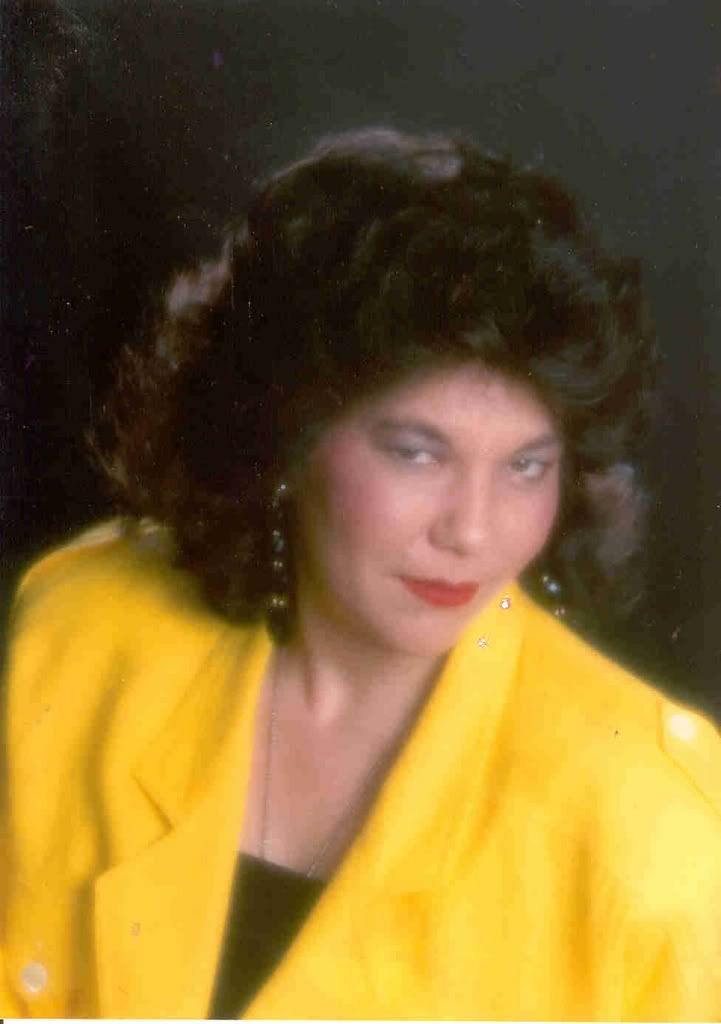How to Find an Agent
1. Timing- Just because something is current today, will it be current two years from now...on average that's the amount of time it takes to publish a book. Understand that agents have their own time table.Do your homework. Make a list of possible agents who represent your work.
2. Complete you story. Let the agent have something finished he/she can hold in their hands to show a publisher. After that is his/her job...to sell your story. Perfect your story. Polish it until it shines like the sun. Even so the agent has probably seen a dozen just like it.
3. Write an outstanding query letter. One that will peak the interest of the agent to want him/her to see more. This in itself is a difficult proposition. The slush pile is HUGE even for solicited material.
4. Frequent workshops and conferences. Make personal contact with agents you target. Get their card, find something unique in your conversation with them to add to your query letter that will jog their memory. Most likely an agent will request a synposis with a query from everyone they meet because it's easier. Understand on average an agent will meet hundreds of authors at these events and may have several in a row before going back to their offices.
5. Don't give up. So what if fifteen agents rejected your work and you are tired of rejection letters. I'm the queen of rejections according to one of the writer's forums I frequent. To date I have a file of 263 rejection form letters in a file...yes, I keep them all. Of course this is for more than one work and I'm a published author! Take a look at the rejection. Yes, there are different types of rejections. It's probably because...

- They don't handle what you've written...look closer at who you are submitting to.
- They can't sell it...this is very bad. You may want to rewrite or rethink your approach.
- Poor writing...this you can fix.
- They are not taking on new clients...this is probably the best type of rejection.
Good Luck!















